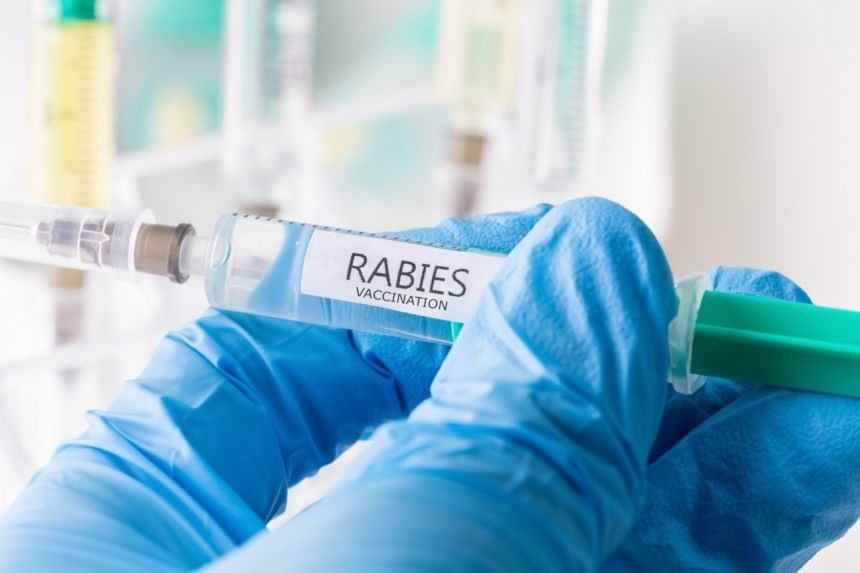While the last reported case of rabies in terrestrial animals in the Sudbury and Manitoulin districts was in 2003, Public Health Sudbury & Districts is reminding everyone to be diligent.
That's because the number of animal rabies cases in southern Ontario has exceeded the norm, and positive bats have been identified throughout the Public Health Sudbury & Districts service area since 2003.
Rabies is an infectious viral disease that affects humans, as well as domestic and wild animals. Although foxes, raccoons, skunks and bats are the main carriers of rabies in Ontario, household pets are key links to spreading the disease from wild animals to humans, said the health unit in a news release.
The rabies virus is usually spread to humans when contact with saliva occurs through animal bites or scratches. Rabies is fatal if a person is infected and does not receive timely treatment.
“All pet owners are urged to make sure that their cat, dog, and ferret’s rabies vaccination is up-to-date,” said Ashley DeRocchis, an environmental support officer in Public Health Sudbury & Districts’ Environmental Health Division. “Ontario law requires that rabies vaccinations for cats, dogs, and ferrets be current.”
Vaccination not only protects pets, but also protects their owner, their owner’s family members, and the community from exposure to the deadly rabies virus. Additional ways to protect yourself and your pets from rabies is to avoid contact with wild or stray animals, bat-proof buildings, and report any animal bites or scratches to Public Health Sudbury & Districts.
Public health inspectors investigate every report of an animal bite, scratch, or contact to determine the risk of transmission of rabies to a person and to prevent human cases of rabies. When a cat, dog or ferret is involved in a bite or scratch of a person, the public health inspector will order the owner to keep the animal under observation at the owner’s home for 10 days from the date of the incident.
What to do if you are bitten or scratched by an animal:
- Get the name, address, and phone number of the animal owner.
- Immediately wash the wound with soap and water.
- Get medical attention as soon as possible.
- Report the bite or scratch to Public Health Sudbury & Districts and provide as much detail as possible, including: the name and address of the pet owner, a description of the animal, and any other information that will help find the animal.
To report a scratch, bite, animal contact, or for more information about rabies and rabies prevention, phone Public Health Sudbury & Districts at 705-522-9200, ext. 464 (toll-free 1-866-522-9200) or visit phsd.ca.
